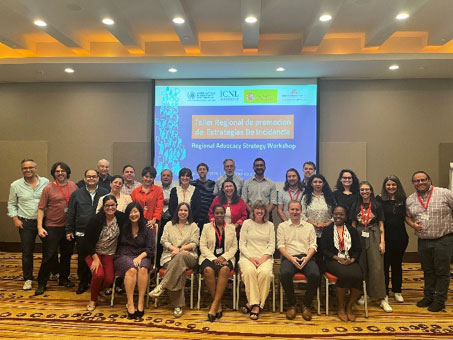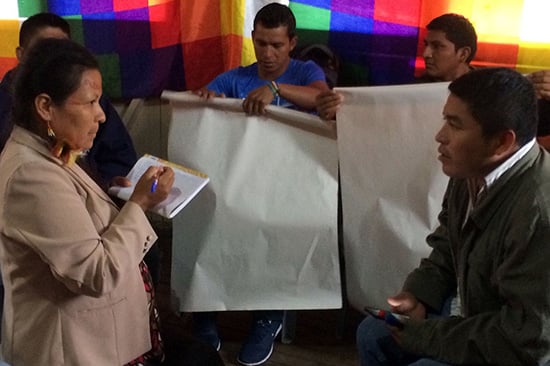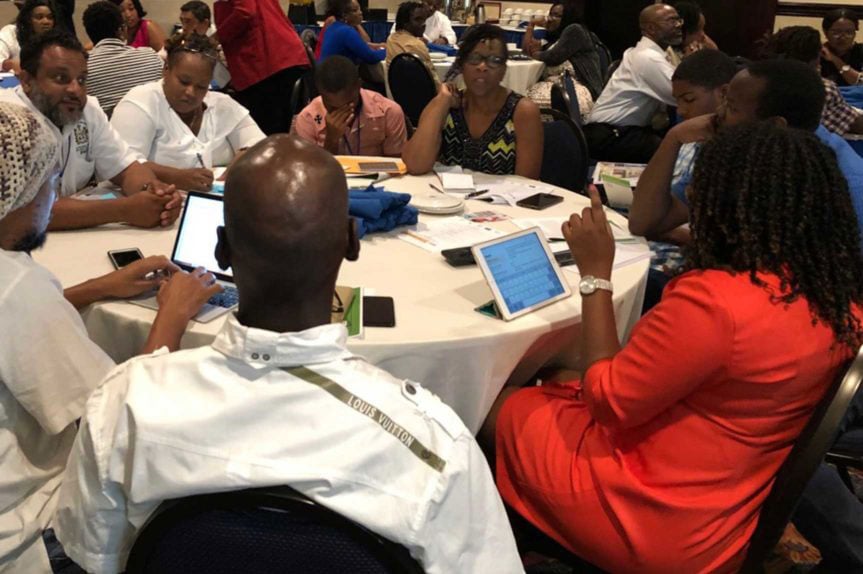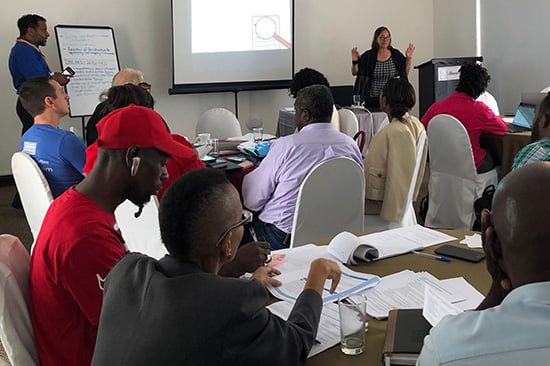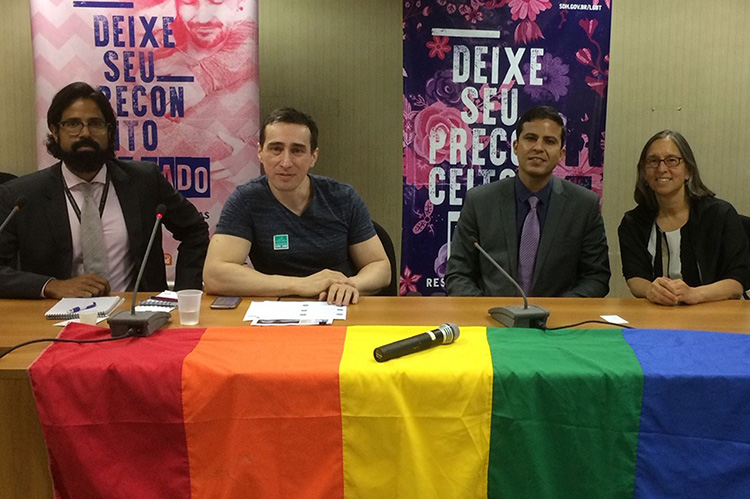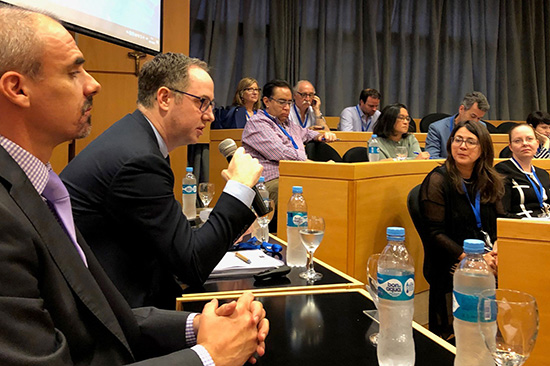ICNL works with local partners throughout Latin American and the Caribbean to promote a legal environment that strengthens civil society, advances freedom of association, fosters philanthropy, and enables public participation. With our partners we provide technical assistance and support leaders of civil society organizations, government officials, legislators, academics, and others as they develop enabling reforms that meet local needs.
Latin America & the Caribbean Program
Be sure to browse our Focus Areas, Key Resources, and Country Overviews.
Highlights
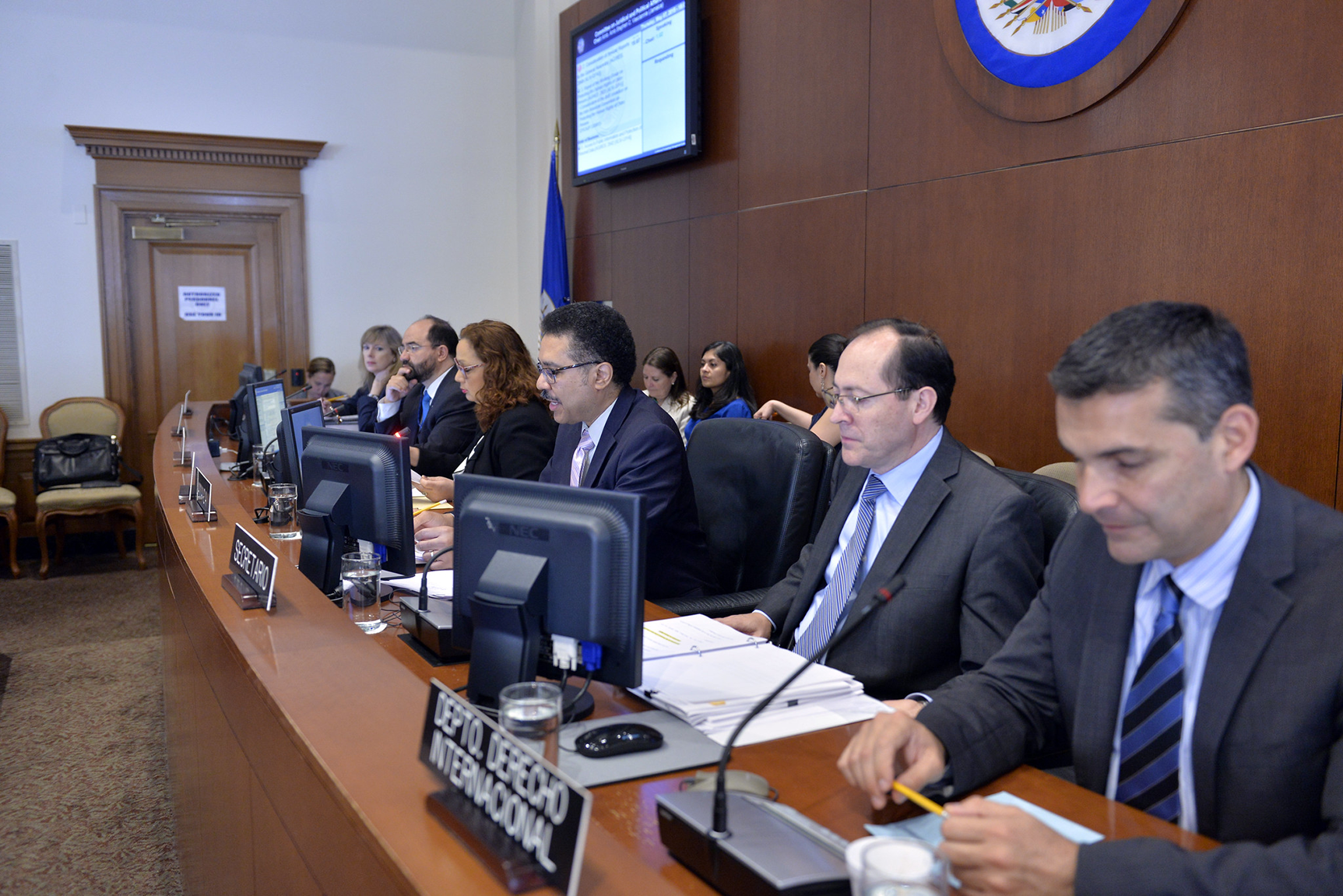
IAJC Principles on Creation, Operation, Financing, and Dissolution of Civil Society Organizations
The 102nd regular session of the Inter-American Juridical Committee, held in Rio de Janeiro, saw the adoption of a Declaration of Inter-American Principles on the Legal Framework for the Creation, Operation, Financing, and Dissolution of Non-profit Civil Entities, which was championed by Commissioner Ramiro Orias and ICNL. These twelve principles of general application bring together in a single document previously dispersed Inter-American and global standards relevant to the proper regulation of the lifecycle of CSOs in the Americas. Read the IAJC Principles here.
CT Workshop in Colombia
ICNL facilitated a regional consultation conference along with UN Special Rapporteur Finnoula Ni Aoilain, to determine how CSOs in Latin America and the Caribbean should continue to urge the United Nations to take specific action to address detrimental effects of UN counterterrorism activities on civil society. Read the report here.
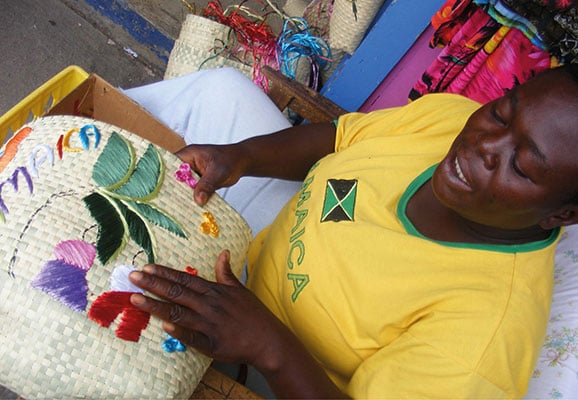
Central America Subregional Network
The “Enhanced Cross Border and National Civil Society Collaboration to Address Civic Space Threats in Central America” project seeks to enhance local CSOs’ knowledge about evolving legal threats and trends affecting civic space. Participants from across Central America collaborate to identify successful advocacy and resiliency approaches to overcome shared legal challenges across the region. ICNL has facilitated an ongoing dialogue among partners from Guatemala, Honduras, El Salvador, and Nicaragua, leading to the creation of a subregional CSO network that has successfully identified good and bad regional practices regarding the implementation of Financial Action Task Force’s Recommendation 8 implementation and organized workshops to navigate shared and anticipated challenges, among others.
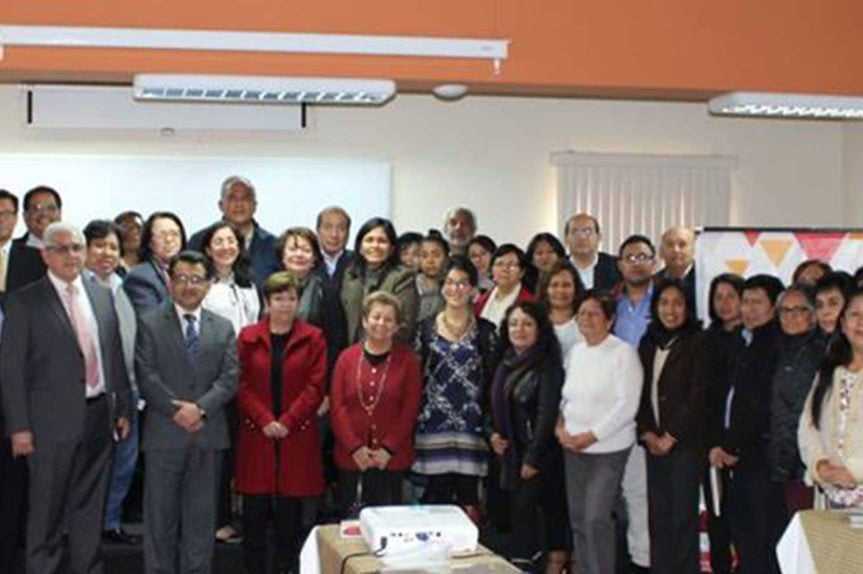
Eliminating Restrictions on Civil Society Organizations in Peru
In 2015, Peru issued a new administrative rule on the renewal of CSOs’registrations. However, the lack of clear, standardized criteria in the new rule resulted in long delays and impeded many organizations’work. ICNL helped local partners engage in discussions with the government that ultimately led to the elimination of the renewal requirement and streamlined measures for CSO oversight and registration. Read more about Peru here.
Focus Areas
Technical Assistance
We provide legal commentary that is grounded in international and comparative law. Our goal is to help our partners develop technically sound foundations for debating and improving legal provisions affecting civil society.
Creating Knowledge
Our staff and global network of experts produce cutting-edge research on issues shaping civil society across the region. Our knowledge base equips our partners with the information they need to engage in policy discussions on complex issues.
Cross-Sector Dialogue
We facilitate discussions between civil society and governments informed by international legal standards and model practices from around the world. Our aim is to foster non-partisan, respectful, solutions-oriented dialogue among diverse stakeholders.
Strengthening Local Partners
ICNL provides fellowships and sub-grants to individuals, organizations, and academic institutions for a diverse array of activities. Funded projects include the development of draft laws, research, and instructional programs that respond to local issues.
Enhancing International Norms
For civil society to thrive, shared acceptance of progressive international norms is key. ICNL seeks to elaborate and enhance understanding of these norms while supporting their proper implementation in local contexts.
Key Resources
Civil Society & FATF Toolkit
This toolkit provides a comprehensive overview of how state obligations under anti-money laundering and counter-terrorism financing laws and standards and procedures recommended by the Financial Action Task Force can impact civil society organizations. Available in Spanish and English.
Digital Legal Library
ICNL’s Spanish-language resources include the texts of laws and regulations from twenty-five Latin American and Caribbean countries, along with analyses of their provisions.
